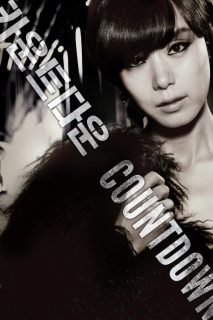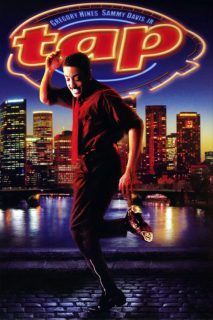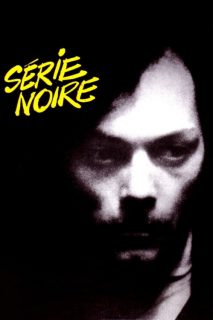
- Year: 1975
- Released: 29 Dec 1977
- Country: Senegal
- Adwords: 1 win & 1 nomination
- IMDb: https://www.imdb.com/title/tt0073915/
- Rotten Tomatoes: https://www.rottentomatoes.com/m/xala
- Metacritics:
- Available in: 720p, 1080p,
- Language: French, Wolof
- MPA Rating: Not Rated
- Genre: Comedy, Drama
- Runtime: 123 min
- Writer: Ousmane Sembene
- Director: Ousmane Sembene
- Cast: Thierno Leye, Myriam Niang, Seune Samb
- Keywords: impotence, polygamy, wedding, political satire,
 | 6.7/10 |
 | 80/100 |
Xala Storyline
It is the dawn of Senegal’s independence from France, but as the citizens celebrate in the streets we soon become aware that only the faces have changed. White money still controls the government. One official, Aboucader Beye, known by the title “El Hadji,” takes advantage of some of that money to marry his third wife, to the sorrow and chagrin of his first two wives and the resentment of his nationalist daughter. But he discovers on his wedding night that he has been struck with a “xala,” a curse of impotence. El Hadji goes to comic lengths to find the cause and remove the xala, resulting in a scathing satirical ending.—Anonymous
Xala Photos



Xala Torrents Download
| 720p | bluray | 1.11 GB | magnet:?xt=urn:btih:C631AC153CAA1FF17BEC10C68437C50CF65D4A6C | |
| 1080p | bluray | 2.06 GB | magnet:?xt=urn:btih:636EE80EDD2498023D6B7D3DB656941420AB58F5 |
Xala Subtitles Download
Xala Movie Reviews
Angry Satire Of Post-Colonial Senegal
Senegal has been freed from the shackles of empire. But the new face of governance continues with greed and corruption just as before. The best line in the film is when the main character, a politician, is told by his daughter: “I don’t drink imported water.” African leaders are so corrupted by white monopoly capitalists. ‘Xala’ discusses many important themes that we have discussed in class, particularly the balance between Western practices and “traditional” ones. While this starts from Senegal’s official El Hadji’s sexual incompetence on his wedding night with his third wife, it plays out throughout the film. He goes to mystic for cure his impotence, through the story of the troubles of El Hadji, the narrative expertly discusses the difficulties of post-independence government. This issue of tradition vs modernity, European vs African ideals was very important during the independence period in Africa (and indeed today). This is expressed by the journey of El Hadji and the more liberal views of his daughter. I was full of awe after enjoying this utterly majestic work of art. Highly recommended!
Is there no real independence?
So far in my life, I’ve only seen two Senegalese movies: “Hyenas” and “Xala”. The latter offers a satirical look at corruption.
The plot goes like this: following Senegal’s independence from France, a crooked official – he makes sure that France still controls the country’s resources – uses the country’s money to get married for the third time. That’s when poetic justice kicks in; he gets stricken with a curse called “xala”, rendering him impotent.
If absolutely nothing else, this movie is a very impressive look at a culture that we in the west rarely get to see (and specifically, we get to hear Wolof spoken). Are the events portrayed cause for cynicism? Hard to say. But I recommend the movie either way.
Such an ironic movie!
I found the language of Xala to be very ironic. What I mean by the language is the way certain events are mounted. Those who save the country and gain the power with the approval of the father of the nation serve just as the previous governors calling this system African Socialism. They replace the sculptures with the photograph of the father of the nation, but how is it different? Later on we see the first wife. She is a weird character in that she is okay with El Hadji’s marriage giving the sense that she is a traditional woman, but she is not all powerless, though, and has certain sanction power over El Hadji. The second wife somehow resists the marriage, yet she accepts it, yet she can ask El Hadji to find a cure for his Xala since she desires him pointing her finger on him with an angry voice. Their situation is also ironic, I think. El Hadji is bound to African traditions as well, but when it comes to the certain tradition that a groom should apply before entering the bride’s room, he refuses to do that. He marries the third time as a duty, as his Africanism requires, yet he cannot even get erected. I could not decide what kind of a character El Hadji is: is he a victim of the scolding and not-ending-wishes of his wives, or is he a villain who dominates over his wives. The patrol car that the president requests comes, yet arrests two innocent men instead of the beggars who were supposed to be removed from there. I liked this ironic way of criticism especially compared to direct language that was sticking out in Latin American cinema.



